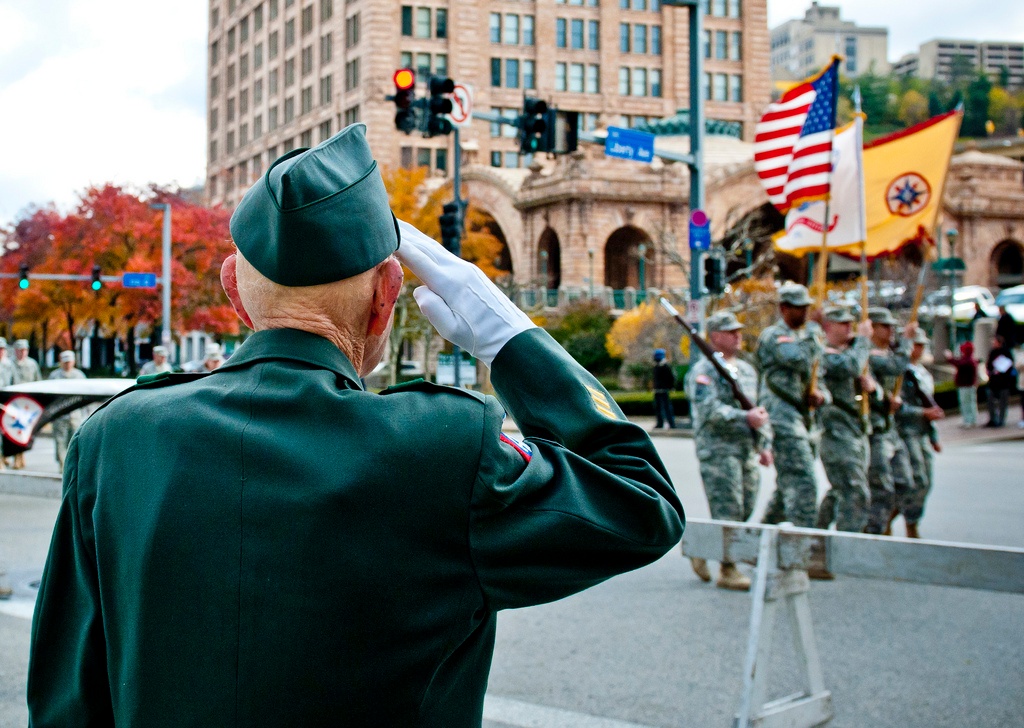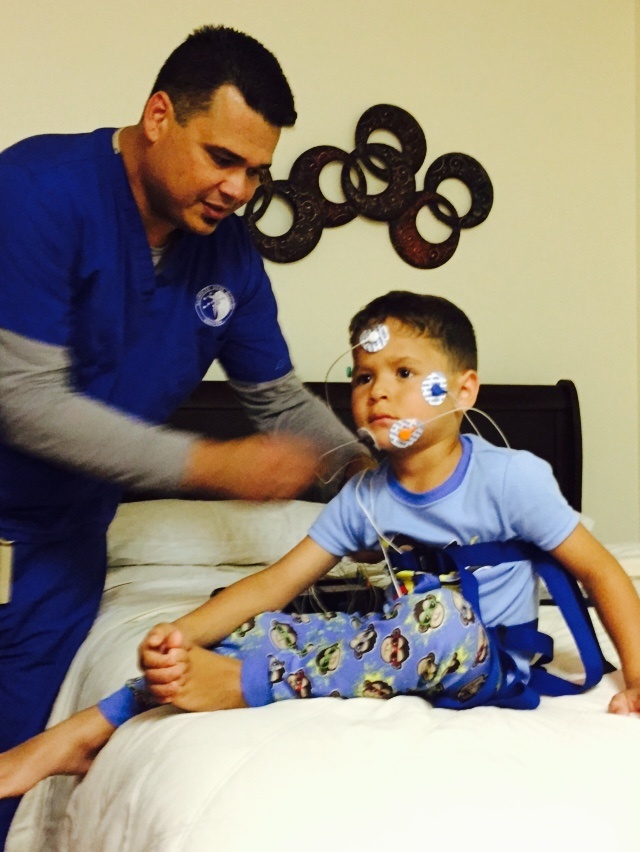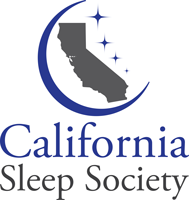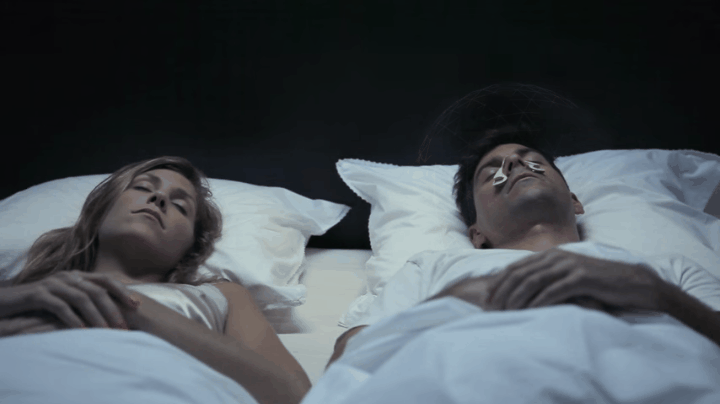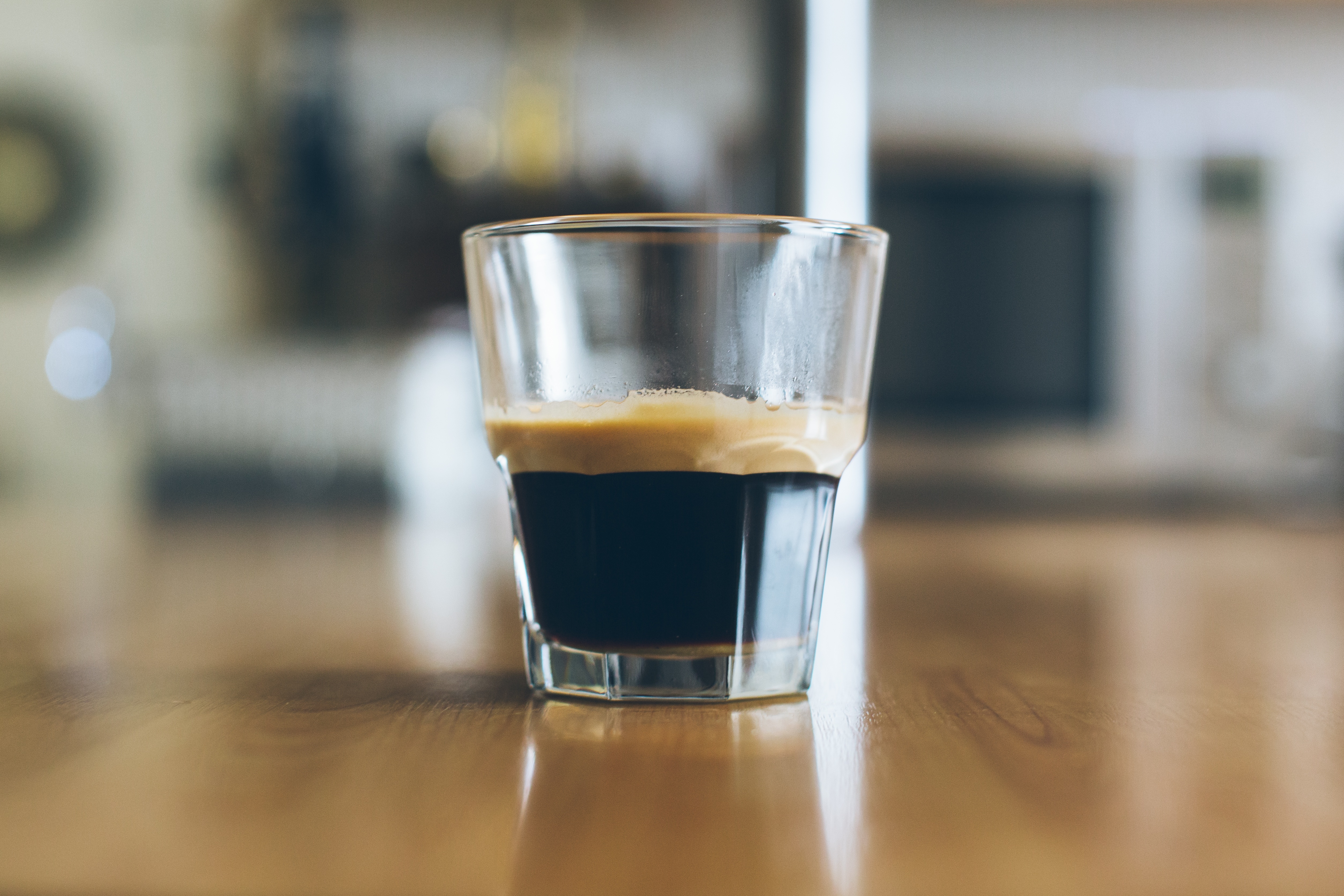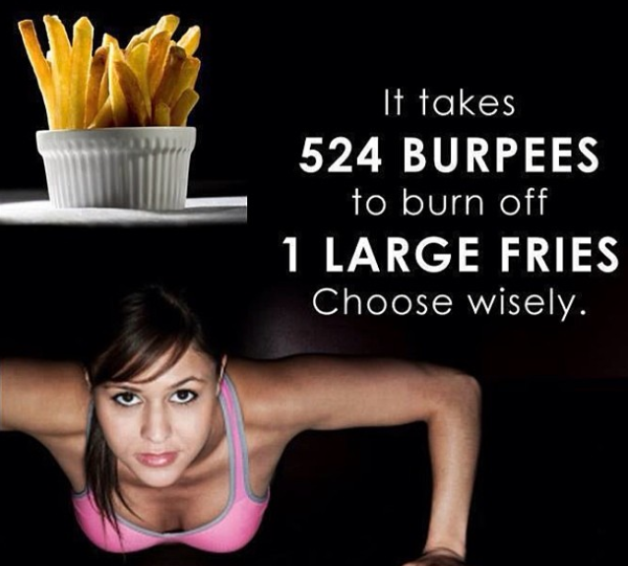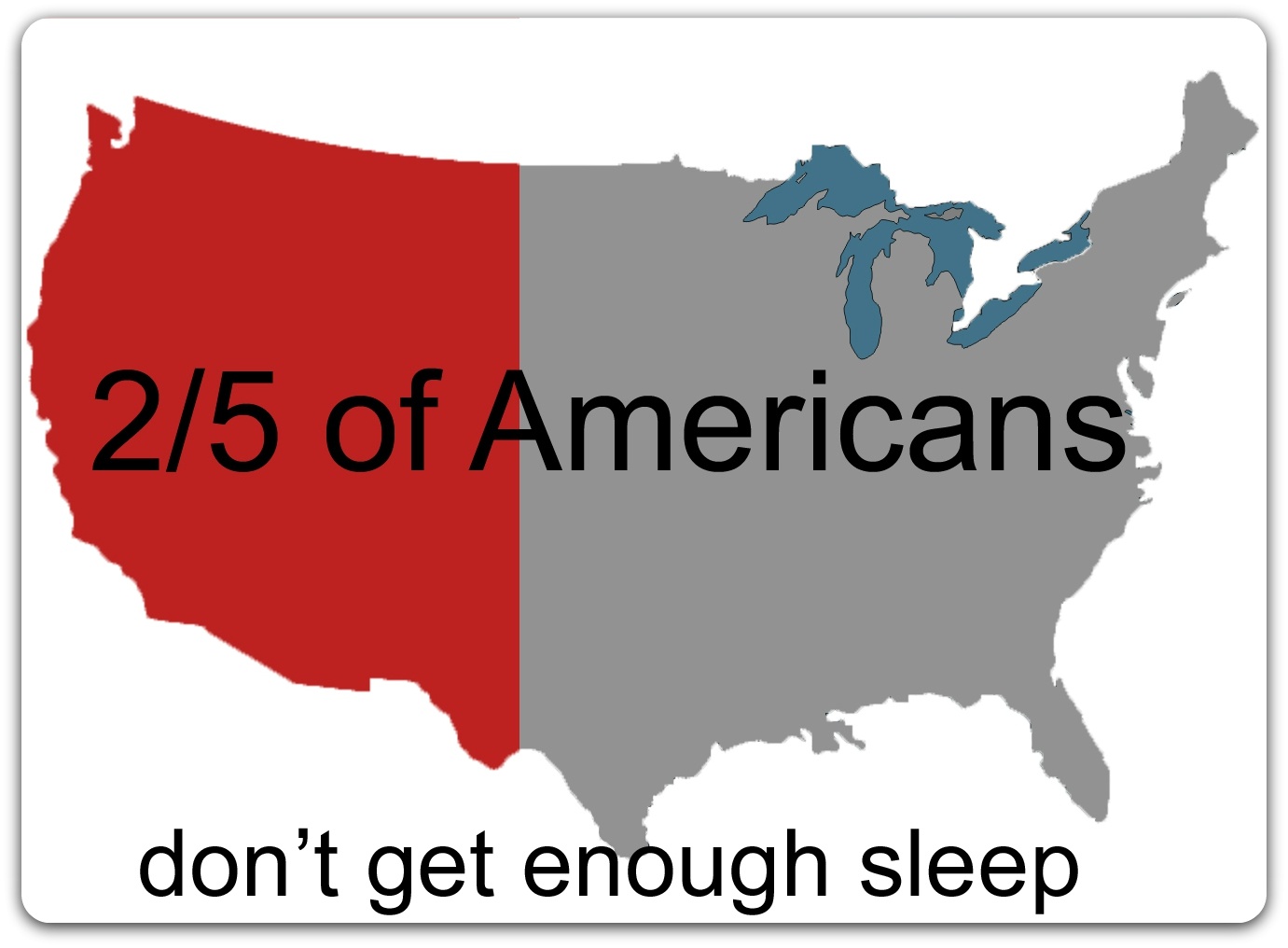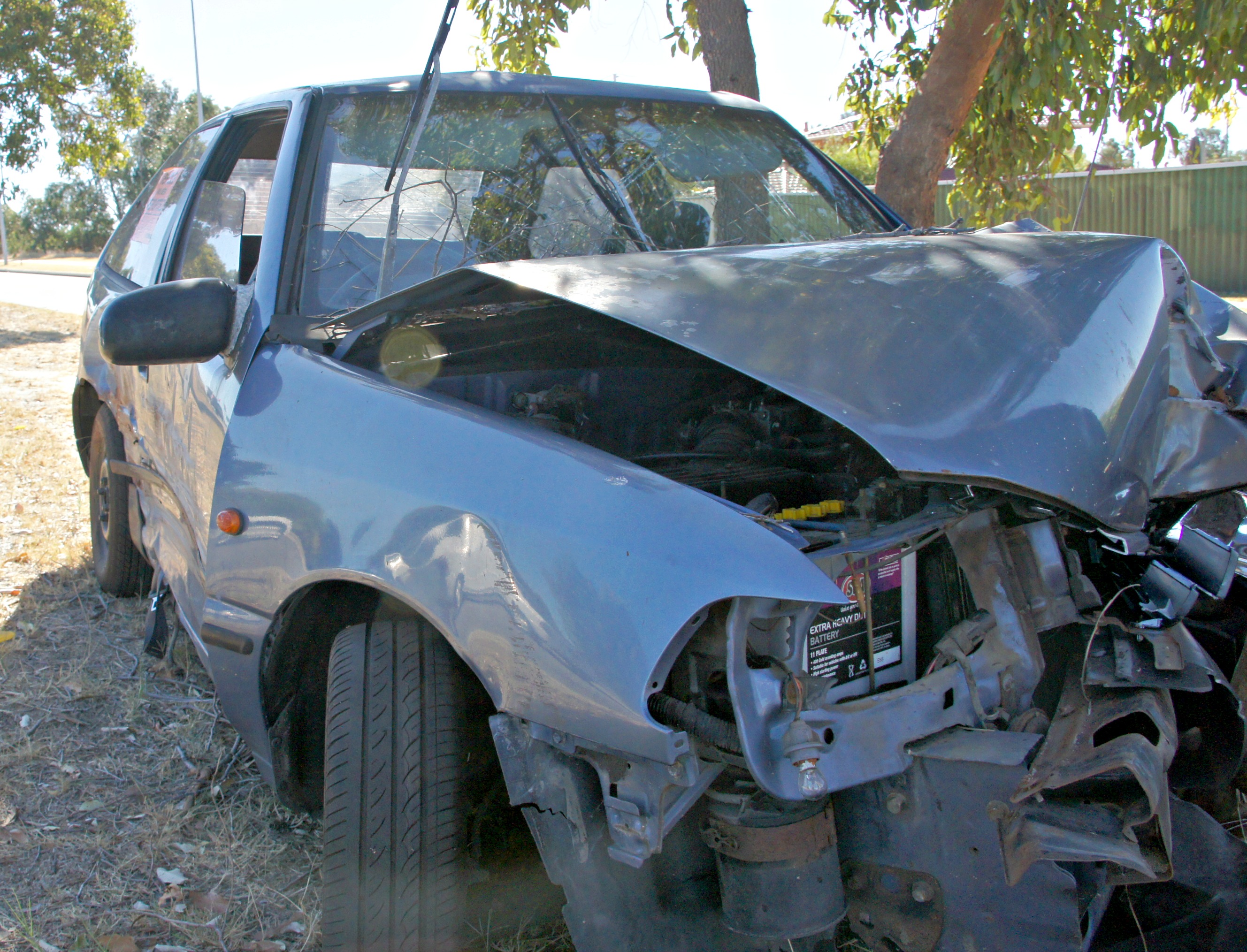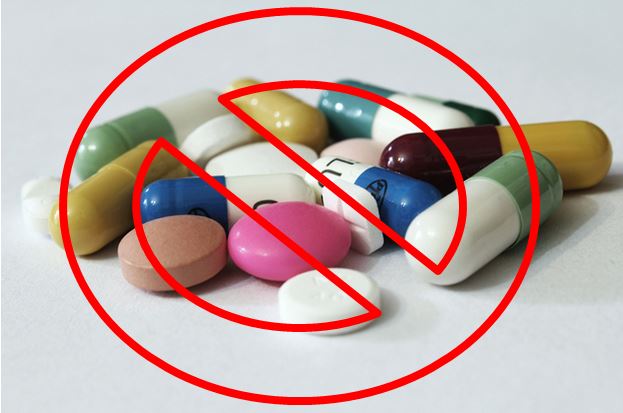Sleep disorders, such as snoring and apnea, are more than just a nuisance - they can be related to many health risks. This is why effective and timely treatment is vital. Constant Positive Airway Pressure (CPAP) still remains the most successful treatment for sleep apnea. While patients often complain about its inconvenience, it helps them breathe through the night and get the rest they need.
The good news is that with the year 2016 fast approaching, the technology of sleep aid does not stand still either. Our hope is that technological advances will help eliminate the discomfort of using CPAP masks, while keeping the benefits of the therapy.
Today we would like to highlight some of the revolutionary sleep aid gadgets to be released in the near future. As always, it is important to consult a doctor before starting or switching to a new treatment. With physician's approval, these inventions could significantly improve the lives of people with sleep disorders.
Silent Partner – tackling snoring from a new angle.
Snoring can be caused by a range of factors, from temporary, such as a sinus infection or alcohol consumption, to more serious issue such as sleep apnea.
Always remember to consult your doctor about your sleep issues. If you are certain that your snoring bears no futher health risks other than what your sleepy and angry partner could do to you in your sleep, Silent Partner is the solution for you.
Image from http://www.silent-partner.co

